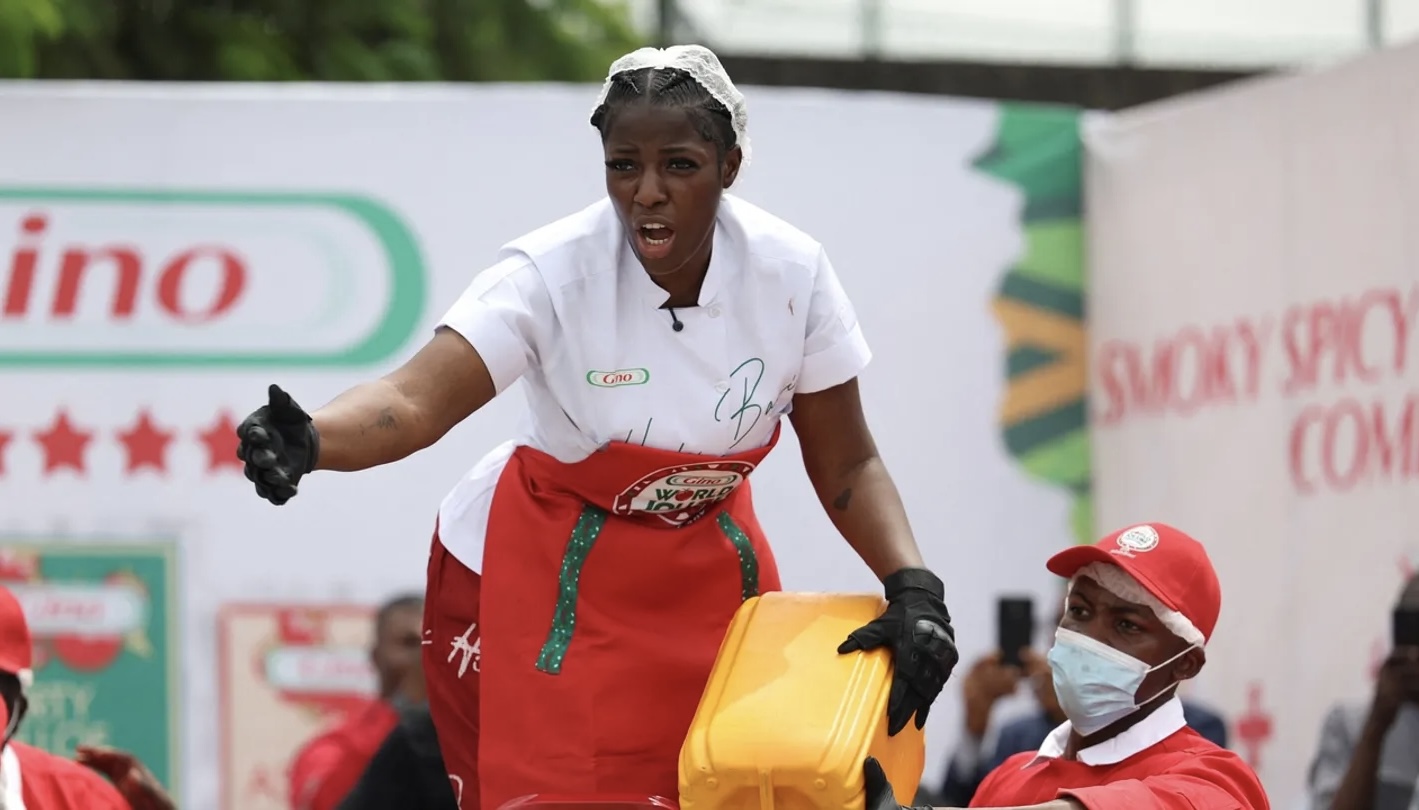
Economists have stated the dearth of data in the country has been hurting policy formulation.
This was disclosed at the book launch of ‘Nigeria In Figures (A socio-economic data book) authored by the Chief Executive Officer/Chief Economist, of Analysts’ Data Services and Resources, Dr Afolabi Olowookere.
The reviewer of the book and economist from the Pan Atlantic University, Professor Bright Eregha, said that Nigeria had no data problem but has a challenge with making sense of the data available and using them appropriately.
He said “In Nigeria, people would always say we don’t have data but that is not true. We have data, but we lack information. In the public policy space, one thing that is lacking is intelligence. When you have the opportunity to make policy data at national and subnational levels, including a state such as Lagos, what they will tell you is that there are no data. They will say, ‘If we had data, we would have done so more.’ Fortunately, we have quite a lot of administrative data across all states. The only problem we have is that we have not developed a dashboard to clean, to store, and then make intelligence out of this data.”
Reiterating a similar stance, the author, Olowookere, stated that if the stress of data collection was resolved, stakeholders, policymakers, and business people would be able to focus on innovating and providing solutions.
“You always see this need. You go to a meeting and people say they don’t have data on this issue and because of that, a whole meeting stops or someone says, ‘Can we get it?’ and the discussion stops being robust.
“As a master’s (degree) student, for six months, seven men were collecting data for my dissertation (from the Nigerian Exchange). Today, somebody can get that data from me in one minute. Then, you can dedicate your time to reading, writing, and innovating, but most times in Nigeria, one guy is collecting data everywhere. These are facilities that are available elsewhere. In universities in Canada and the UK, you have access to data streams. In Nigeria, you just go straight to the universities and thanks to NBS and CBN but we can collaborate with them to do more, even if it is to tell people that this is the source where you can get this information and this is the format in which it will be useful to you.”
Meanwhile, during the panel discussion at the book launch, the Group CEO of Emerging Africa, ‘Toyin Sanni, called on the government to divert resources freed up via fuel subsidy removal to other sources that can boost productivity in the economy.
She said, “What happens between now and the next 100 days will show us whether or not we are ready for business. Security challenges need to be tackled and we need to know what would be the incentives or initiatives that are going to ameliorate the impact of this decision that has been made concerning fuel subsidy.
“Although we need to get to the bottom of the pyramid, I’m hopeful that the kind of initiatives that will be used is not doling out cash that can’t make a difference in anyone’s life and doesn’t translate to any productivity. Going forward, I’m looking at some of these things being directed at education, healthcare, and the MSME sector to stimulate productivity and it should be technology driven.”
According to the former Chairman of the Securities and Exchange Commission Board, Dr. Suleyman Ndanusa, there is a need for the new government to perform to bridge the trust deficit between the government and citizens.
He said, “Citizens must be able to have confidence in their government to do what is right and are seen to be fair. Until there is trust between the government and citizens of Nigeria, this will continue to fuel suspicion that weakens democracy.”






